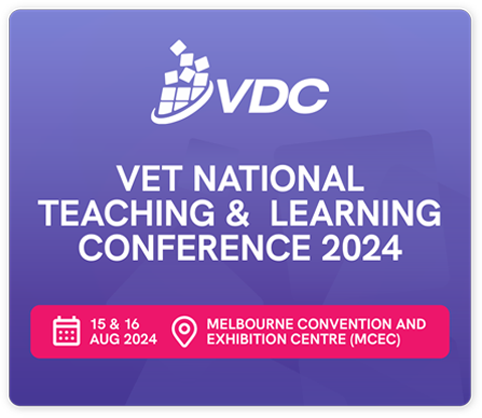This is a bit of a changing scene, especially lately, but here are a few of the key players, now and into the future.
Let’s take a look at who is, and who will be, “who’s who in the VET zoo’.
Principal Government bodies
There are national bodies because VET is a national system, albeit with a state-based focus as this is where a lot of the funding comes from. Thus, vocational education and training is an instrument of state policy too.
At the top of the tree is the Council of Australian Governments (COAG). In particular, the work of both the Industry and Skills Council and Education Council are of relevance.
There are other significant national bodies as well, including those with a regulatory function: the Australian Industry Skills Committee (AISC), the Commonwealth Department of Education and particularly the Department of Employment, Skills and Small and Family Business, the Australian Skills Quality Authority (ASQA) and the Tertiary Education and Quality Standards Agency (TEQSA) for those in the higher education space. And, of course Victoria has the Victorian Registration and Qualifications Authority (VRQA).
In Victoria other key Government players are the Department of Education and Training (DET), and the site contains information on funding and grants, training reports and surveys and running a training organisation as well as managing an apprentice or trainee. The Victorian Skills Commissioner (VSC) has an Industry Engagement Framework, which “provides a structured way for industry, unions and employers to inform and engage with the training system in Victoria.” The VSC has also established ten Industry Advisory Groups (IAGs). They cover “industries ranging from construction and health, to resources and manufacturing.”
Let’s not forget the Australian Industry and Skills Committee (AISC) either. Their job is to advise “Industry and Skills Ministers on the implementation of national VET policies, and approves nationally recognised training packages for implementation in the VET system.” Under them are the Skills Service Organisations (SSOs) and their associated Industry Reference Committees. The SSOs are the “key access point for other industry stakeholders who want to play a part in the development of training packages.”
There are a couple of new kids on the block that we have highlighted in the last issue of VDC News on 23 October: the VET Stakeholder Committee and the National Skills Commission. In addition, the National Careers Institute is being established and a ‘Skills Ambassador’, Scott Cam of the ‘The Block’ fame has been appointed. Another article (NB need hyperlink inserted for Article 2 above on word article) in this issue of VDC News tells you more about that.
And other important ones are…
As a sector that is seen as ‘industry led’, its peak and more industry specific employer bodies are important. The major employer bodies that are regularly found commenting or advising on VET are the Australian Chamber of Commerce and Industry (ACCI), the Business Council of Australia (BCA) and the Australian industry Group (AiG). In Victoria the Victorian Chamber of Commerce and Industry (VCCI) is a player. The union movement has a strong interest in VET, either through the ACTU or individual unions representing workers in particular industries and occupations.
Providers are represented by a range of bodies. For TAFEs it is TAFE Directors Australia (TDA), and in Victoria by the Victorian TAFE Association (VTA). Private and Enterprise-based providers have the Independent Tertiary Education Council Australia (ITECA) and ERTOA respectively as representative bodies. Community Colleges Australia (CCA) represents community education institutions and in Victoria there is also the Adult, Community and Further Education Board.
Because VET has a social conscience, it is worth keeping across what the Australian Council of Social Service (ACOSS) and the Victorian Council of Social Service (VCOSS) are thinking about.
And other sources of information about VET include…
Always stay in touch with The National Centre for Vocational Education and Training (NCVER) and VOCED Plus. NCVER has stats data and publishes a range of research – which we highlight in this newsletter. VOCED Plus is the ‘go to’ place for Australian and international Tertiary and VET information.








